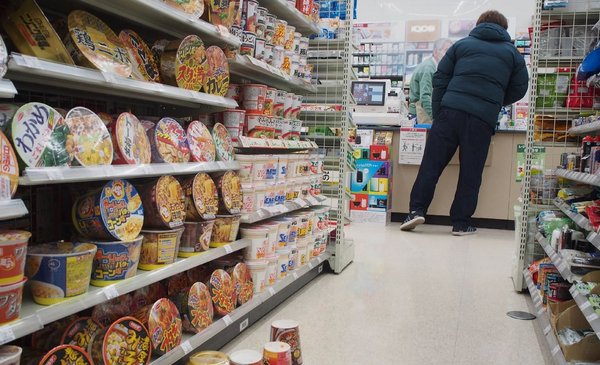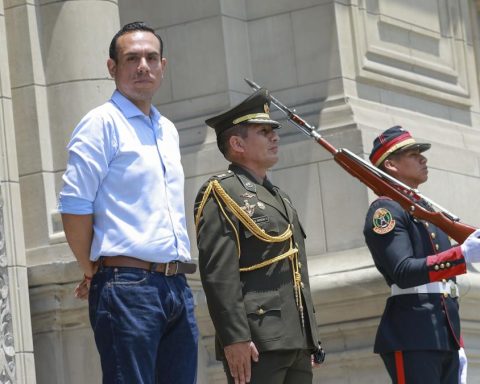The President of the Republic Luis Lacalle Pou plans to define next Monday the instrument that will exempt VAT on a series of products baked goods, noodles, farinaceous and similar products of national origin and also a similar benefit for those companies that import these products for the local market. The government will define a “list” with all the products that will have access to this tax benefit so that their sale price to the public will fall after the sharp rise in the price of wheat and other grains on the international market after the invasion of Ukraine.
Official sources informed The Observer that, unlike the roast where the exemption was approved for a period of 30 days, in this case the tax benefit that the State will give will be “without a deadline” so that the government does not have the need to be monthly approving a new legal mechanism to extend it.
On the other hand, Lacalle Pou had declared in Mercedes last Thursday that the import regime of some products that are not made in Uruguay and that have “some tariff issues” is being reviewed.
The Minister of Livestock, Fernando Mattos, anticipated last Thursday in a talk that there will be new government measures to try to contain the price pushes that are taking place due to international inflation, and from which “Uruguay is not going to be able to escape”. In this sense, he anticipated that annualized March inflation is likely to exceed 9%.
The chief admitted that the “alternative measures” to contain the pressures on prices “are difficult”, since if a tax waiver is made by lowering the VAT on some basic products of the basket, it must be for a limited time and cannot be “maintained forever”.
The minister indicated that in the case of VAT exemption for barbecue, for example, a “sign” is given to the actors with a price agreement. “The (Ministry of) Economy does not like this (because of the price agreements) very much because Uruguay also wants to differentiate itself and provide transparency in the formation of prices,” Mattos revealed.
The official commented that the entire “inflationary spiral” is generating “government intervention in the market” as occurred in Argentina with a series of products. “The Uruguayan government is not going to do it,” he assured.
















